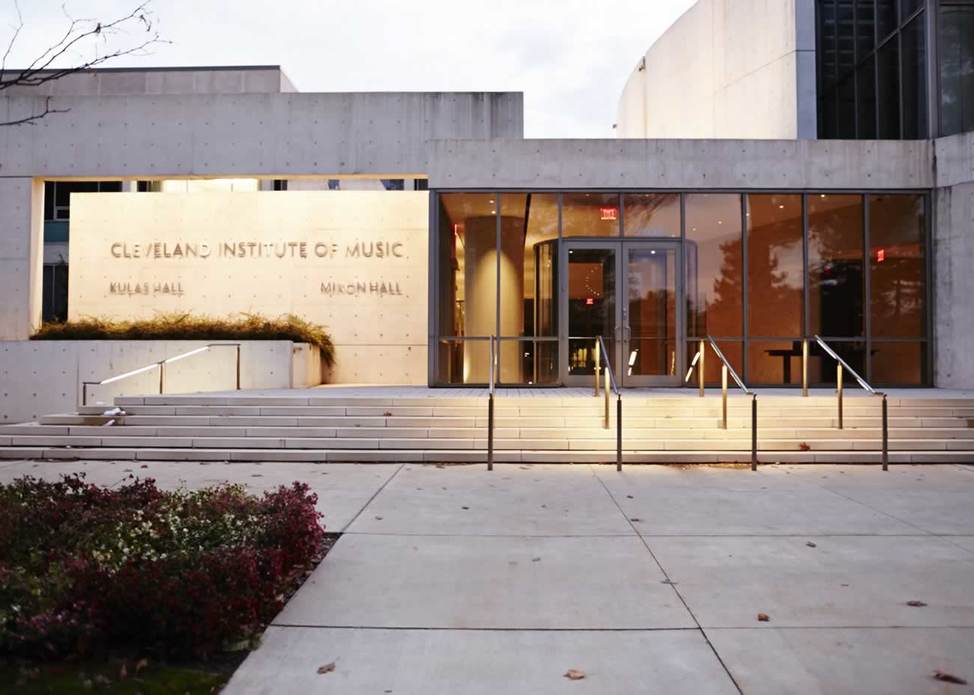Cleveland musicians call in union
NewsFaculty at the Cleveland Institute of Music have voted 56-25 to join the American Federation of Musicians.
‘This is a historic vote and a signal to the world that CIM will remain one of the very finest conservatories in the nation, said faculty member Frank Rosenwein, principal oboe of the Cleveland Orchestra. ‘This vote will help to retain and sustain our world-class faculty, it will reassure students that we are a stable institution with their needs as our primary focus and it will provide a framework for stability for all institutional stakeholders, including the board, the administration, the faculty and the students.’
CIM said: ‘Certain steps now must be followed in a certain order and manner. CIM will fully abide by these requirements, including negotiating in good faith with the faculty’s union representatives.’
Earlier this year the faculty voted no-confidence in president Paul Hogle and Provost Scott Harrison.
Student numbers are down and morale is rock-bottom.
Hogle, Harrison and their allies ran a desperate campaign of intimidation and half-truths to stop the teachers voting to join a union.
Their defeat is irreversible.






Comments